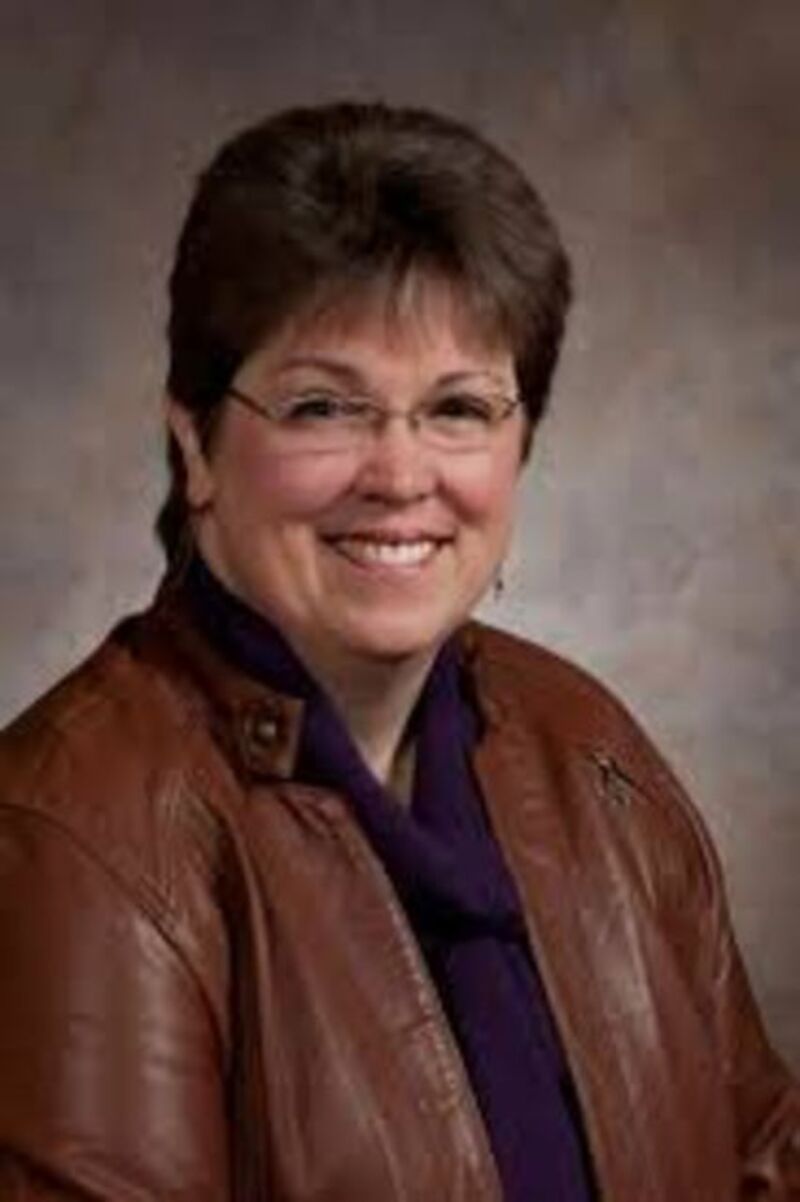“Who put all this policy in the budget?” I whispered to my colleague the night the budget passed. “Groups,” he said glumly. “I call it the ‘Shadow Legislature.’”
These groups are often from outside Wisconsin and often funded by large donors. Behind the scenes, they push for policy, added at the last minute, which is unrelated to the state budget but changed laws.
Recently, these groups came out of the shadows to directly ask for what they wanted.
It was a busy week in the Capitol. Forty-nine committee hearings and 150 bills moved in three days. Lawmakers scrambled to research complex bills.
Big issues were debated. Should lawmakers further limit the powers of local schools to set referenda? Should the state take away more local power to set rules related to workers? Voted out of committee were bills to limit pollution rules and shut down state air monitoring.
Hearings scheduled with short notice made it difficult for interested citizens to follow the flurry of activity.
In an effort to be informed, Glory Adams from Eau Claire took advantage of the legislative notification system on four topics: local control, and environmental, consumer and worker protections.
Glory found out about a bill to take away local powers that I had missed. I called her to thank her for her vigilance. Glory explained how difficult it was to stay informed. “I get 25 or 30 notices a day,” Glory said. “I can’t keep up with them.”
No one can.
Many bills were moving to public hearings and a vote with only a few days’ notice. The speed and volume of bills made it tough to gain any meaningful public input. Sometimes, the only person testifying on a bill, besides the legislative author of the bill, was a representative of an out-of-state group pushing the bill.
For example, a group from Tallahassee, Florida sent a young man named Jared to push legislation on their behalf. Besides the Senate author, Jared was the only one to testify on the bill. The group is one of several working to do away with professional licensing.
I asked Jared where else he was sent to push for action on bills. “I’ve been working on bills in Arizona,” he said. “I’ve also been to Indiana and Florida. I recently testified in Nebraska.” Jared lives in Washington, D.C. “But I grew up in Illinois,” he offered, hoping that fact would help.
It didn’t.
In two cases, bills were pushed by outside groups to get out from under insurance rules. In one case, a different group from Tallahassee, Florida wanted to take a car insurance product and make it a financial contract. After much research, it seems to me the current law protects consumers from companies looking to make a big profit. Changing the law would eliminate those protections.
In another case, the Chicago-based Heartland Institute pushed a bill to sell a type of health insurance that would not really be health insurance. At least not with the protections currently provided in law.
“People don’t realize these bills don’t even originate in Wisconsin,” Glory Adams noted. “They come from various organizations, and are repeated here… Often times [the bill] doesn’t even apply to Wisconsin. [The groups] aren’t looking at the needs of Wisconsin.”
With so many hearings scheduled at the same time, the chairs of many legislators were empty. “They aren’t even listening to us,” one man said. I began to wonder if the leaders really wanted any public input.
This process of haste and obscurity diminishes the public voice. Lawmakers aren’t hearing Wisconsin citizens who are testifying. How do you create a thoughtful law or fix a bill when you do not hear about the unintended negative effects on Wisconsin from a proposal written by an out-of-state group?
At the end of a long day, I spoke with a woman from Ettrick who shared my opposition to a bill to eliminate the requirement of local government to put notices in the newspaper of their public meetings. “How am I going to know what’s going on?” she asked me.
Someday, when someone asks, “Where did my democracy go?” I will tell them about how haste and the influence of the “Shadow Legislature” suppressed the public voice.


Add new comment